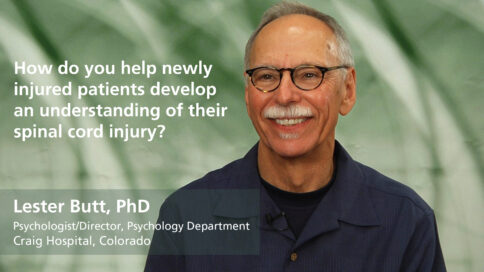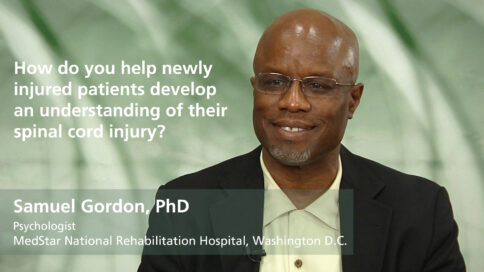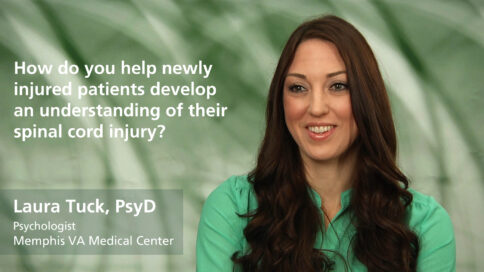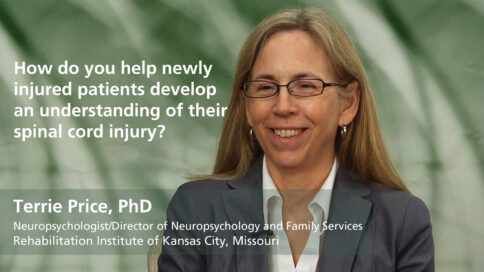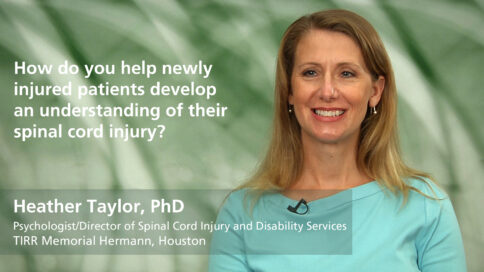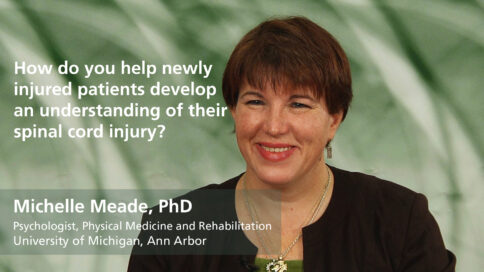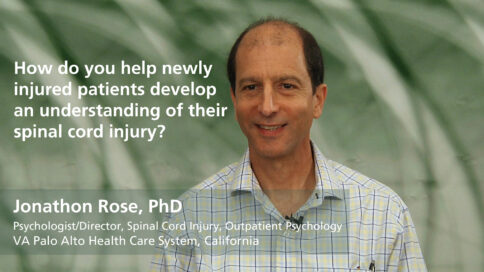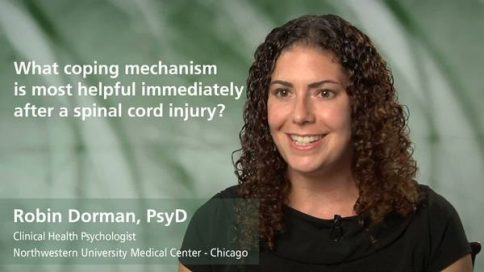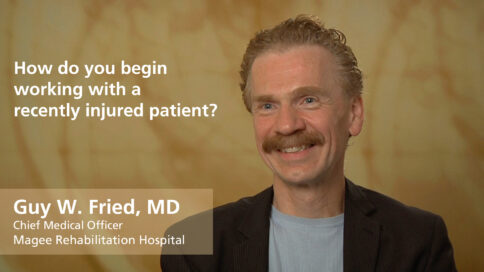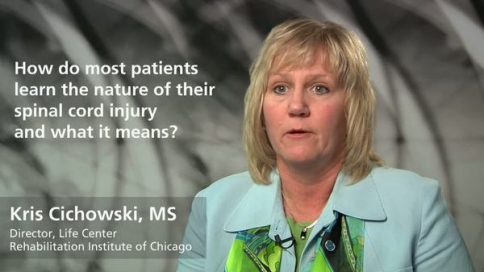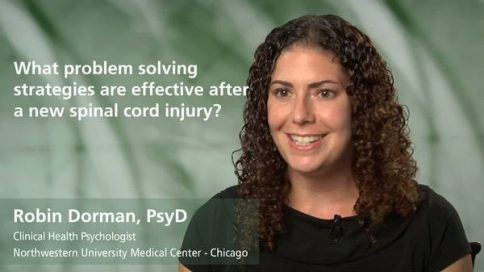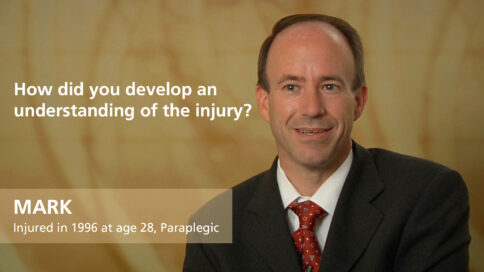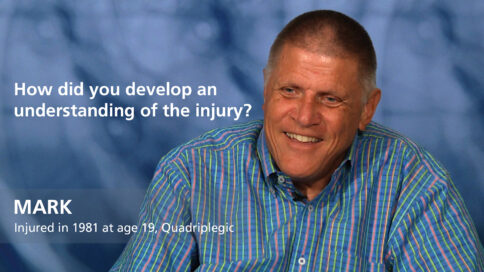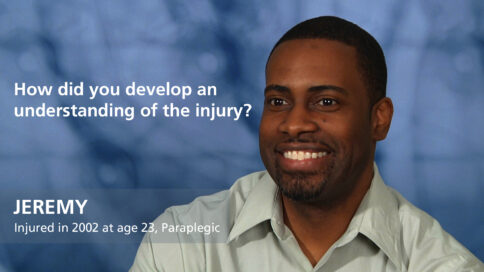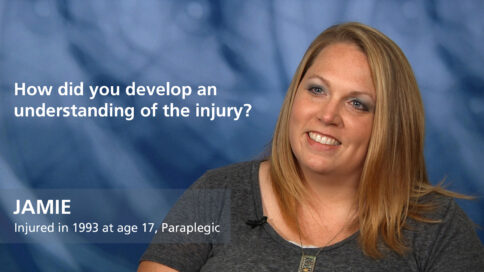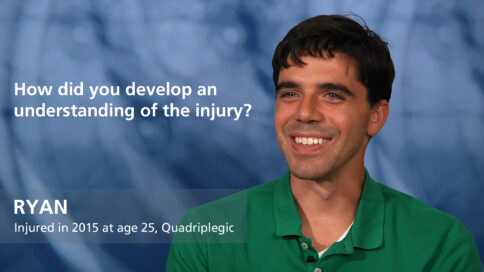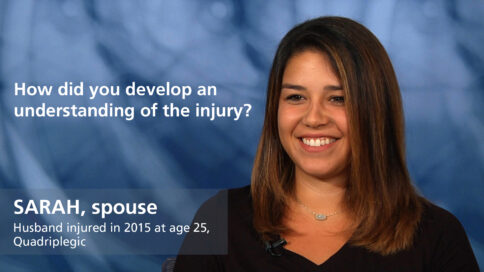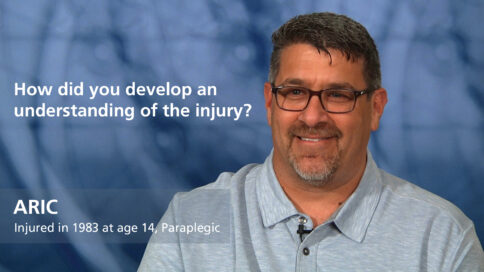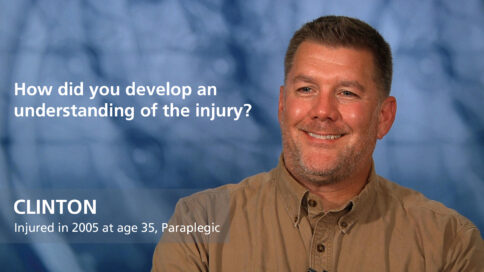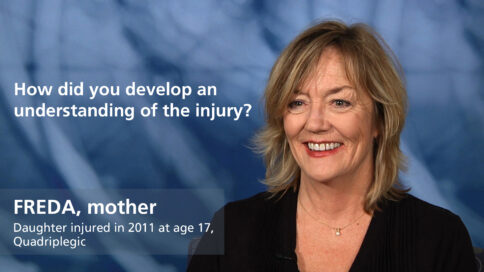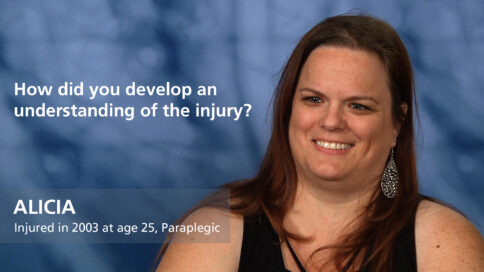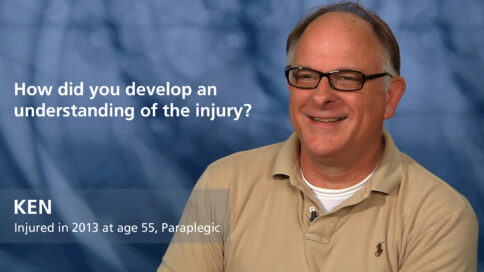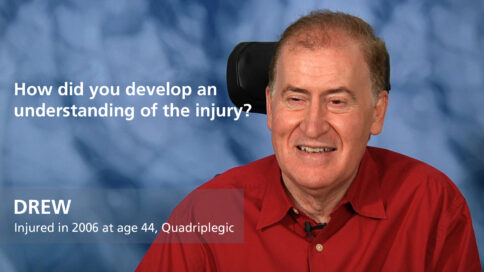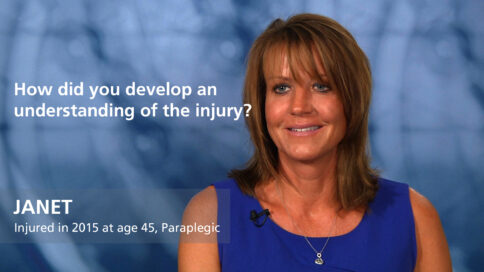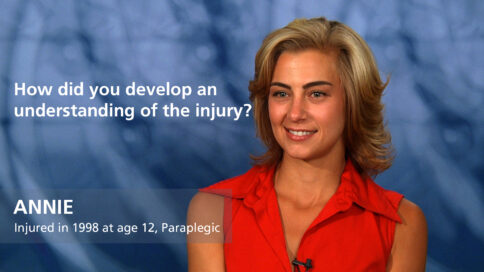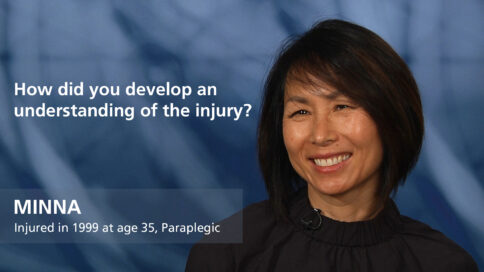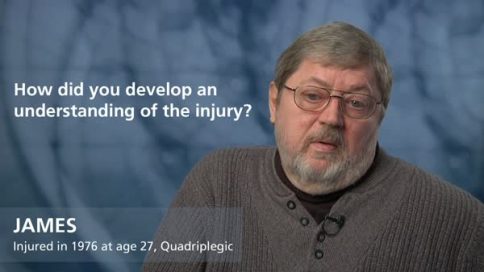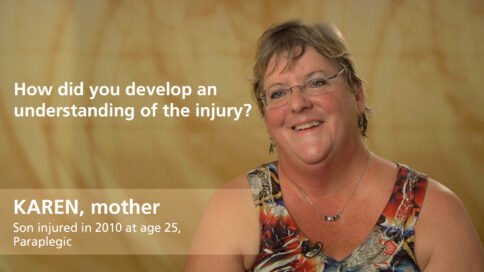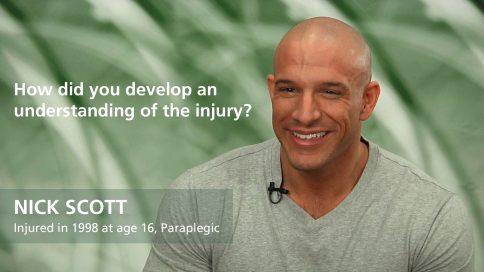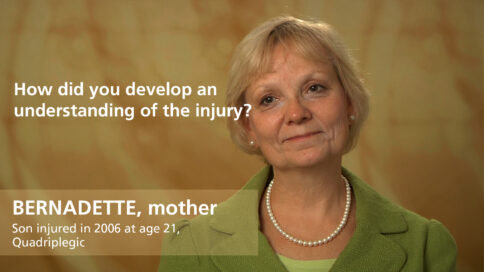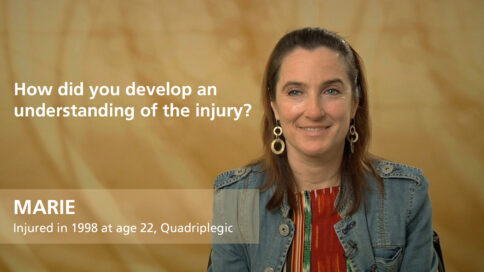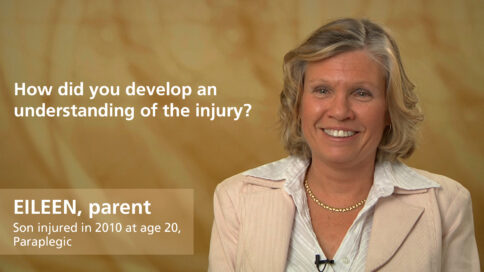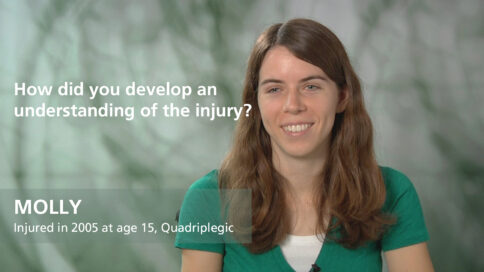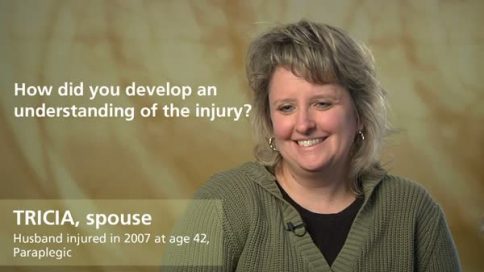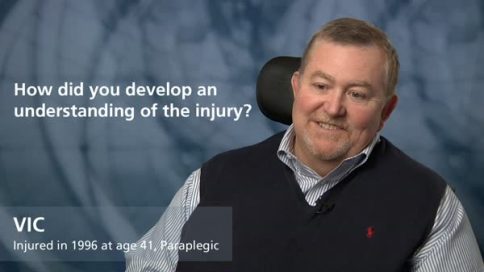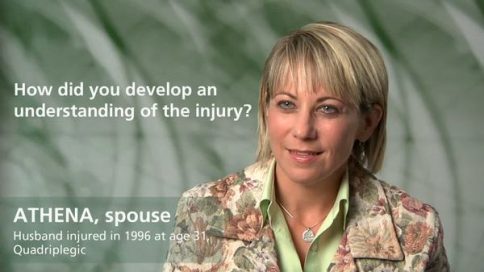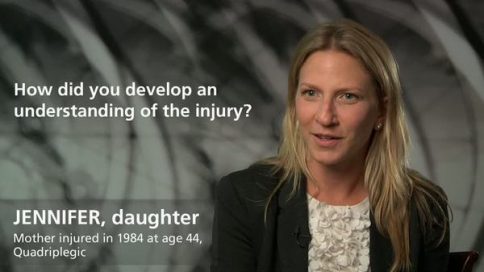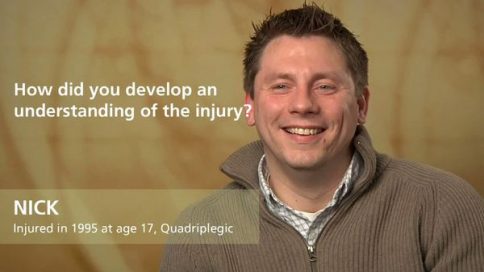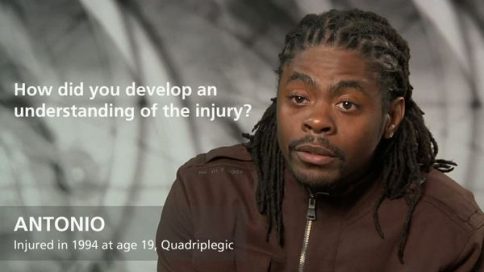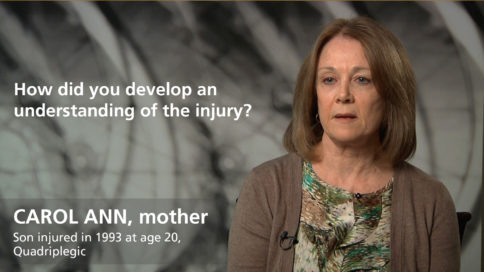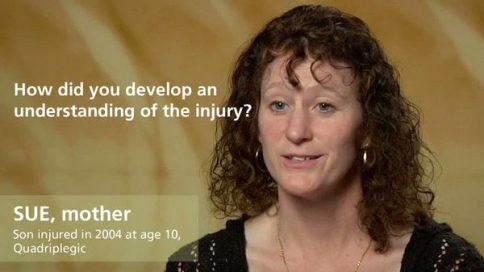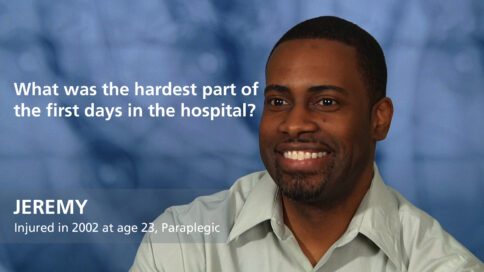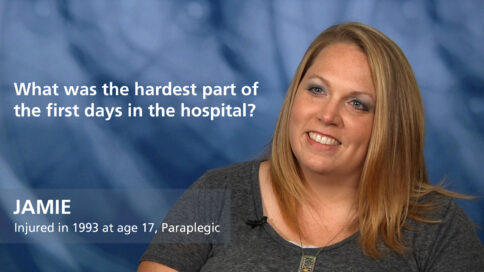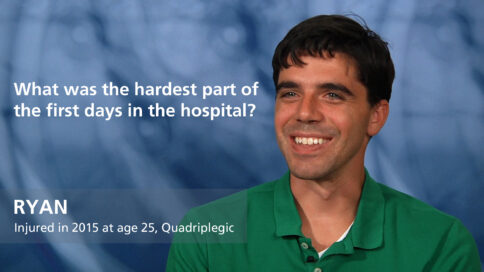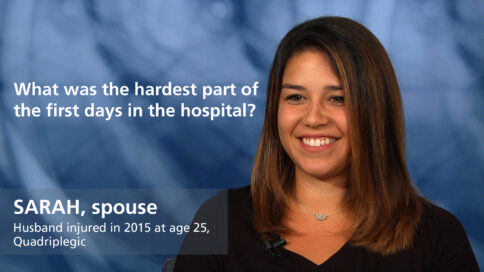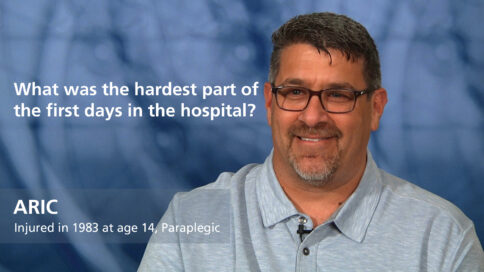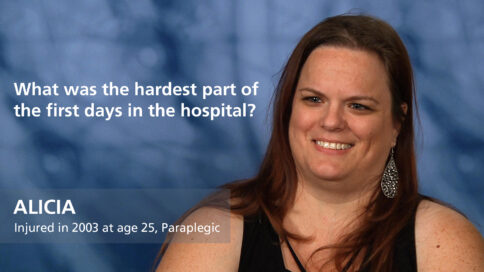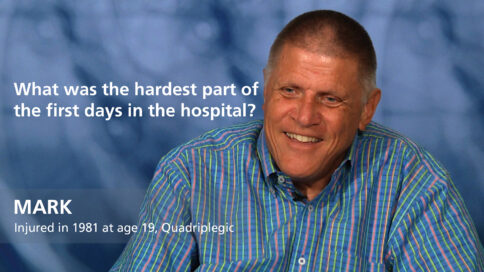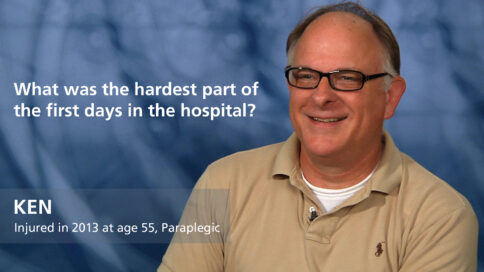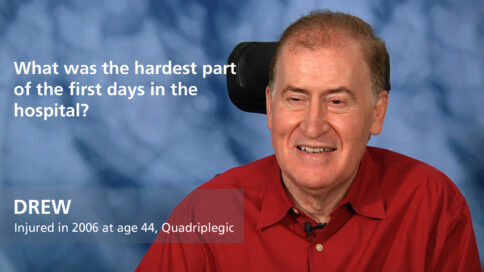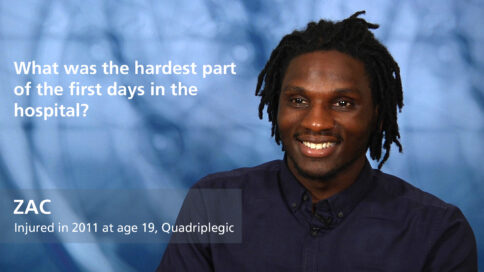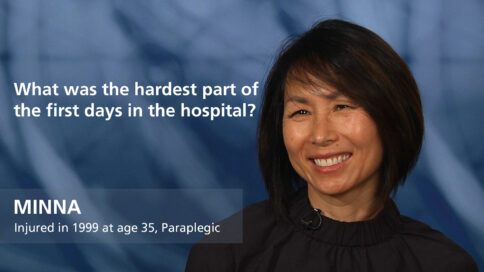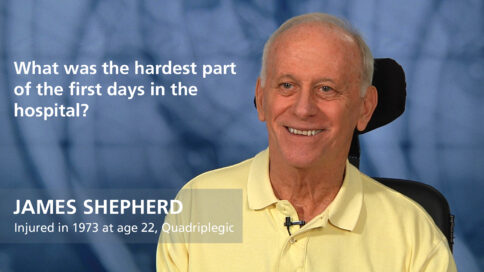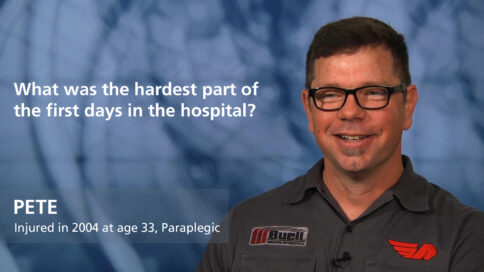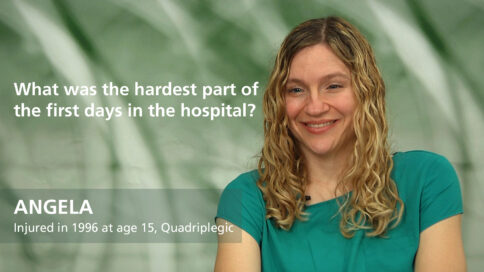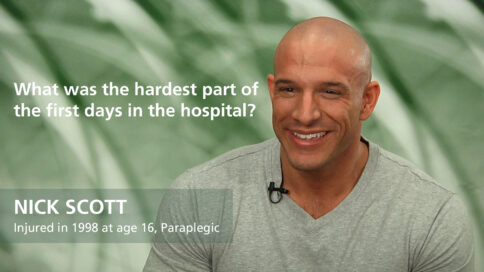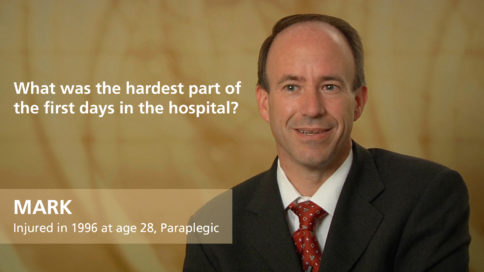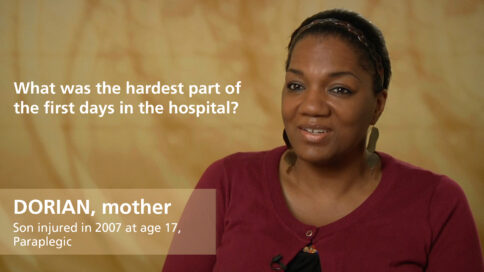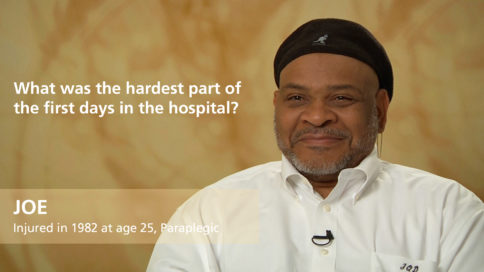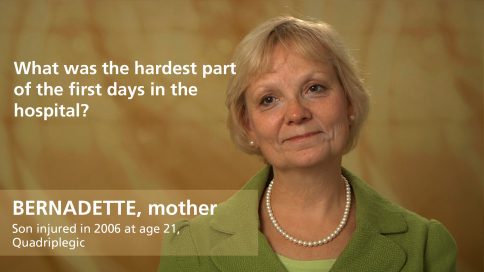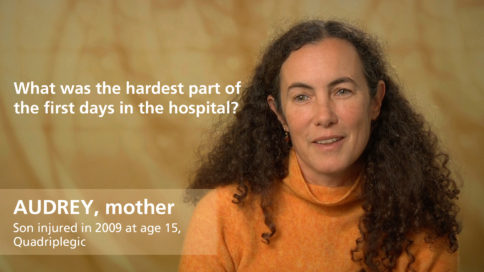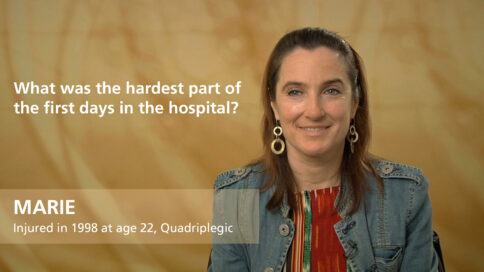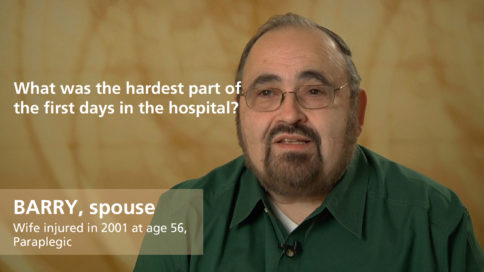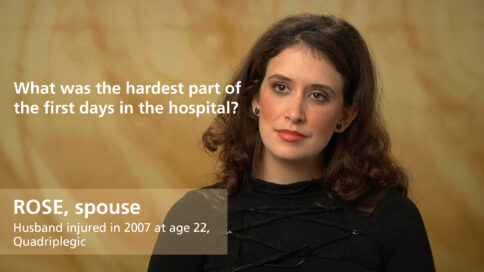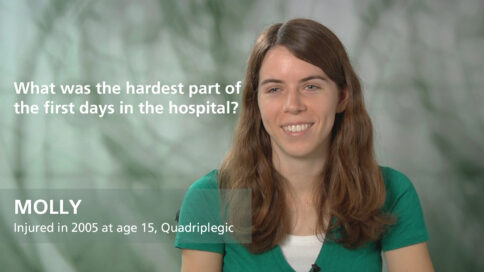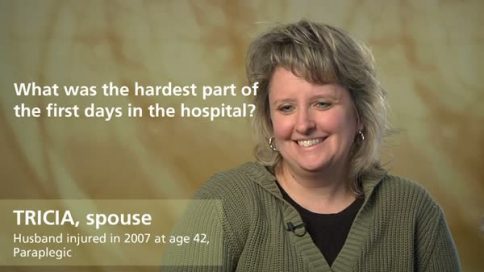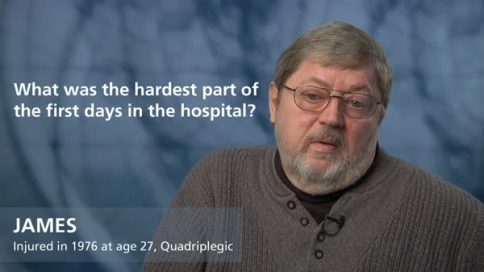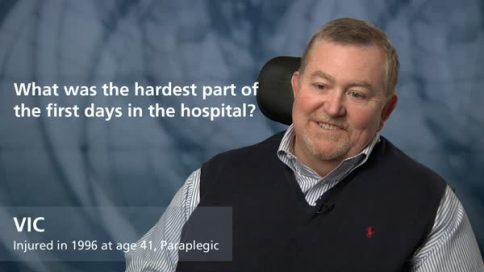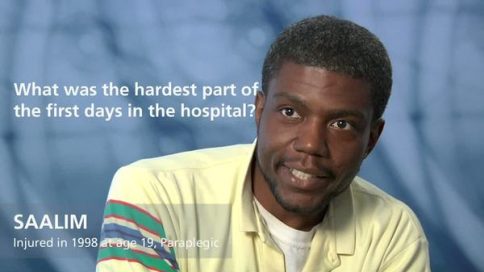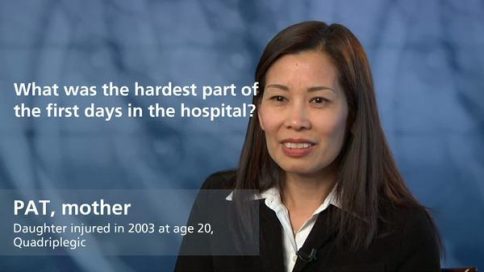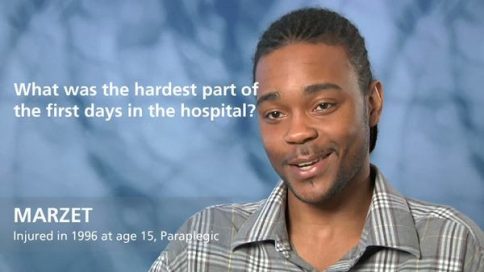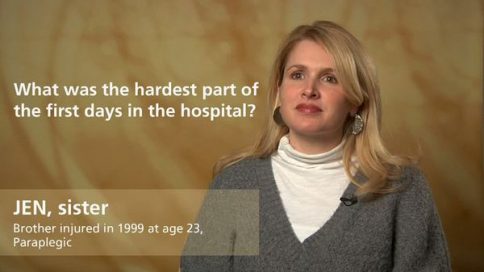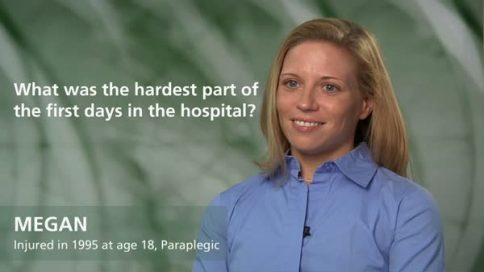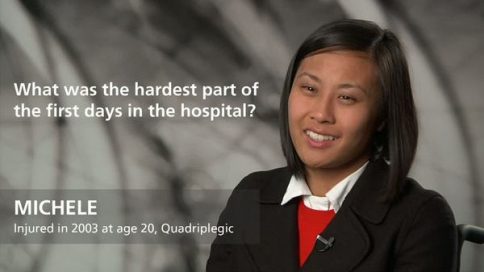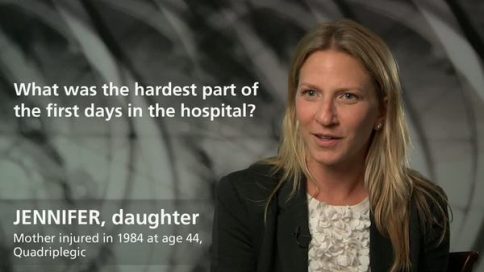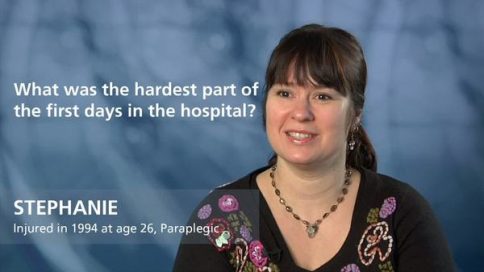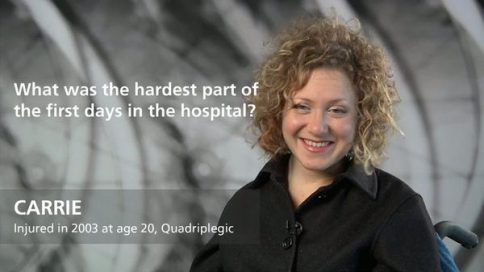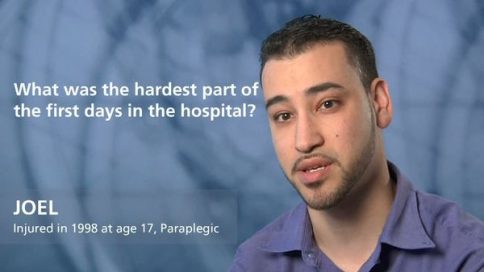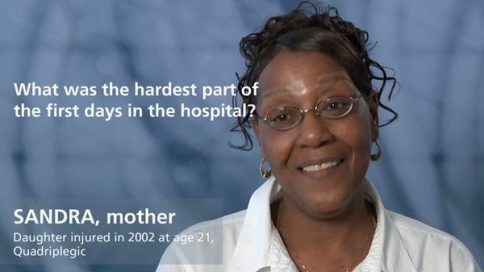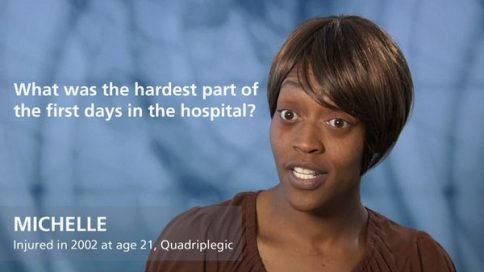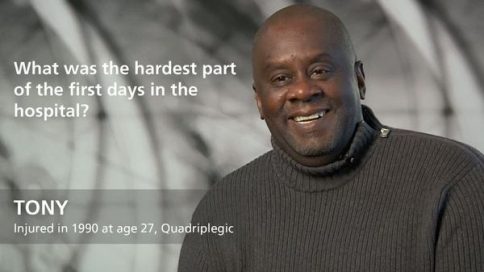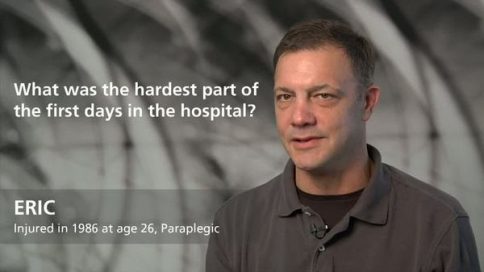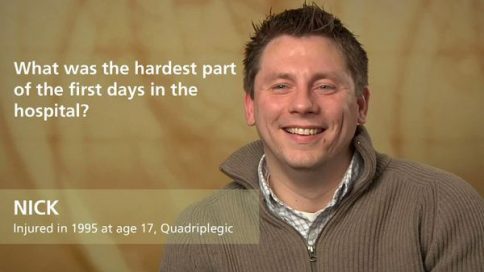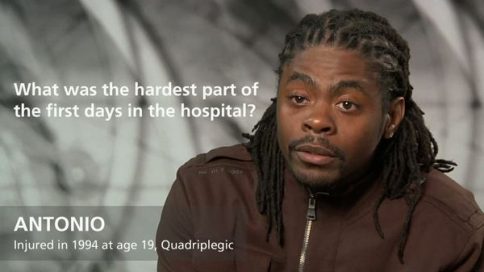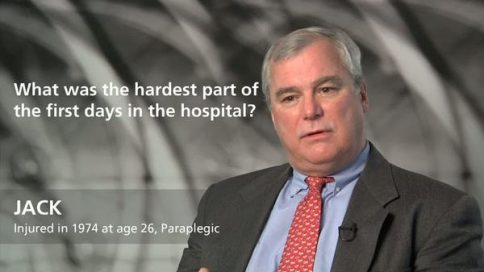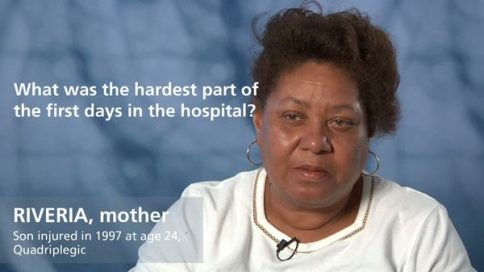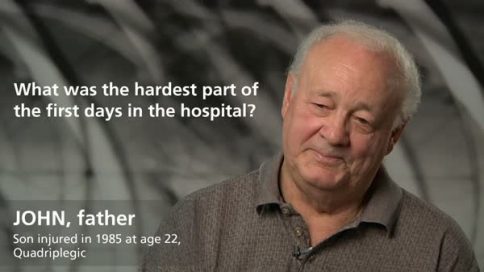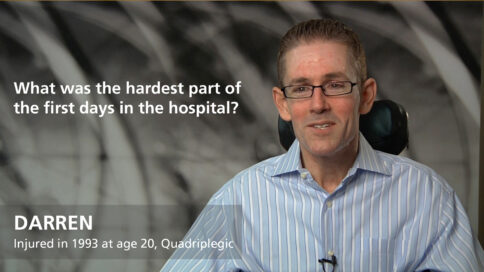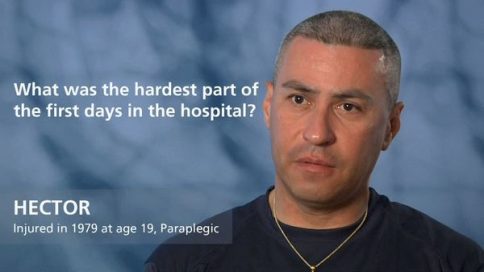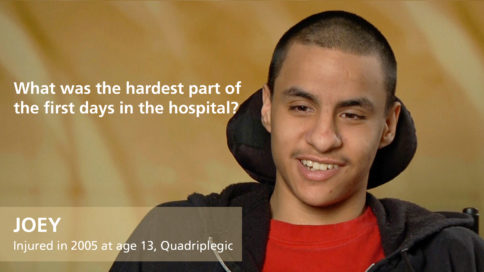How do you help newly injured patients develop an understanding of their spinal cord injury? - Sigmund Hough, PhD
|
|
How do you help newly injured patients develop an understanding of their spinal cord injury? |
|
Sigmund Hough, PhDNeuropsychologist/Spinal Cord Injury Service, VA Boston Healthcare System |
||
| Read Bio | More Videos by Sigmund Hough | |
|
Share |
||
Transcript
The first part is to listen, not to come in and teach or tell. So I do a part of listening and then you find out where they’re at—that speaks to readiness, it speaks to who they are as a person, not as a product or someone that you look up and say, “This is what you need to do,” but a person that you need to join and that’s really important. I’ve found that, over the years, what’s made the most difference is to join. I see people 30 years later, they remember the point where “you know, you listened.” And, I think the best clinicians across all specialties, are the ones who listen before they say. We discover that sometimes they are ready for this, more ready than you are, they are ready in their own way. And sometimes their readiness is not going to be on your timetable—that’s what you learn, and about their strengths. You learn about how to share your knowledge but more important, you learn about people.
Show Less|
|
||
add
How do you help newly injured patients develop an understanding of their spinal cord injury? |
||
Sigmund Hough, PhDNeuropsychologist/Spinal Cord Injury Service, VA Boston Healthcare System |
More Videos by Sigmund Hough | |
| Transcriptadd | share | |
The first part is to listen, not to come in and teach or tell. So I do a part of listening and then you find out where they’re at—that speaks to readiness, it speaks to who they are as a person, not as a product or someone that you look up and say, “This is what you need to do,” but a person that you need to join and that’s really important. I’ve found that, over the years, what’s made the most difference is to join. I see people 30 years later, they remember the point where “you know, you listened.” And, I think the best clinicians across all specialties, are the ones who listen before they say. We discover that sometimes they are ready for this, more ready than you are, they are ready in their own way. And sometimes their readiness is not going to be on your timetable—that’s what you learn, and about their strengths. You learn about how to share your knowledge but more important, you learn about people.
